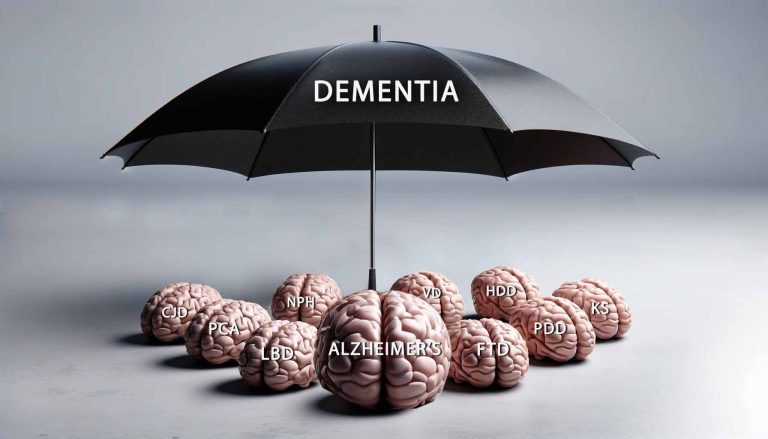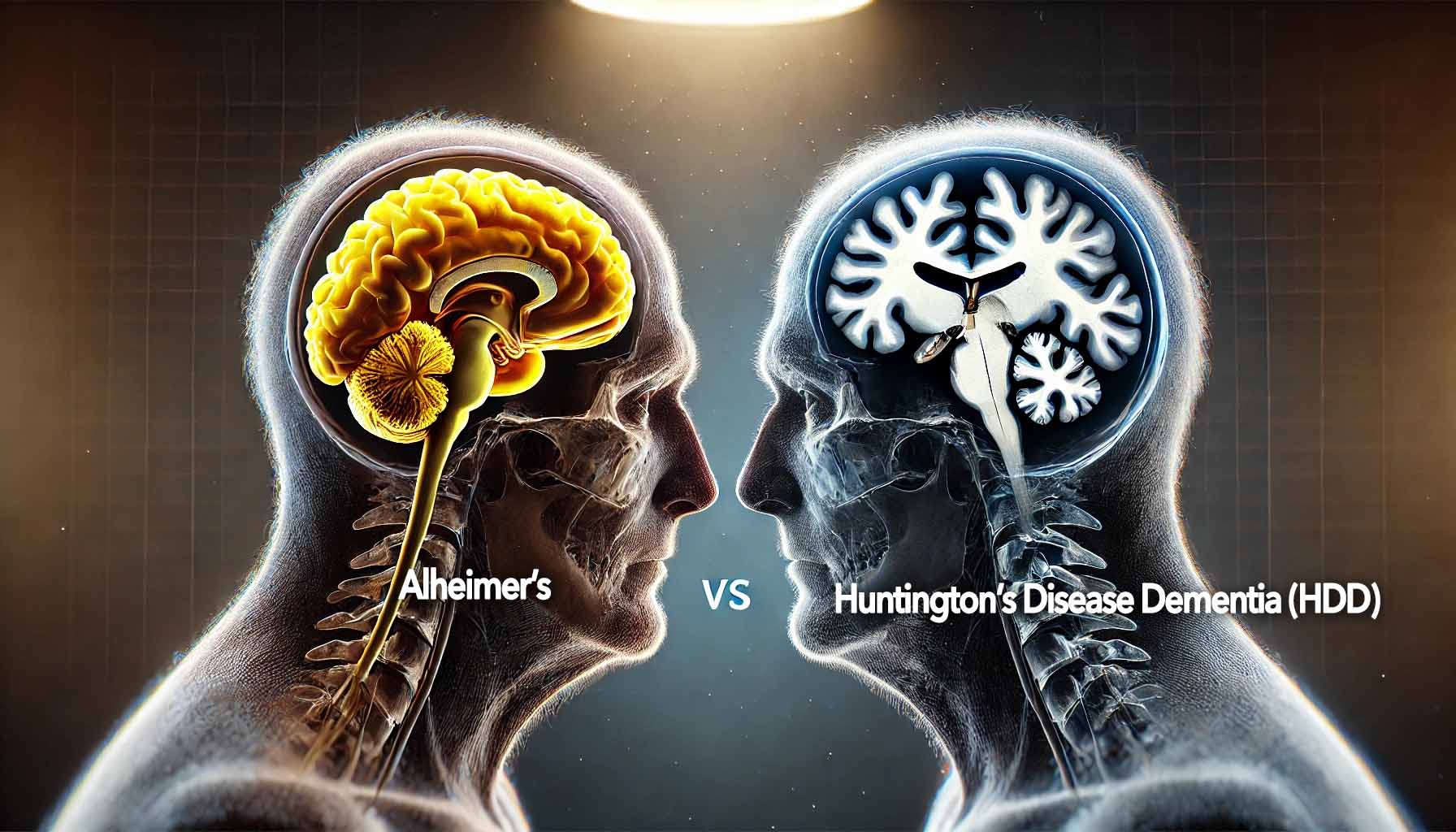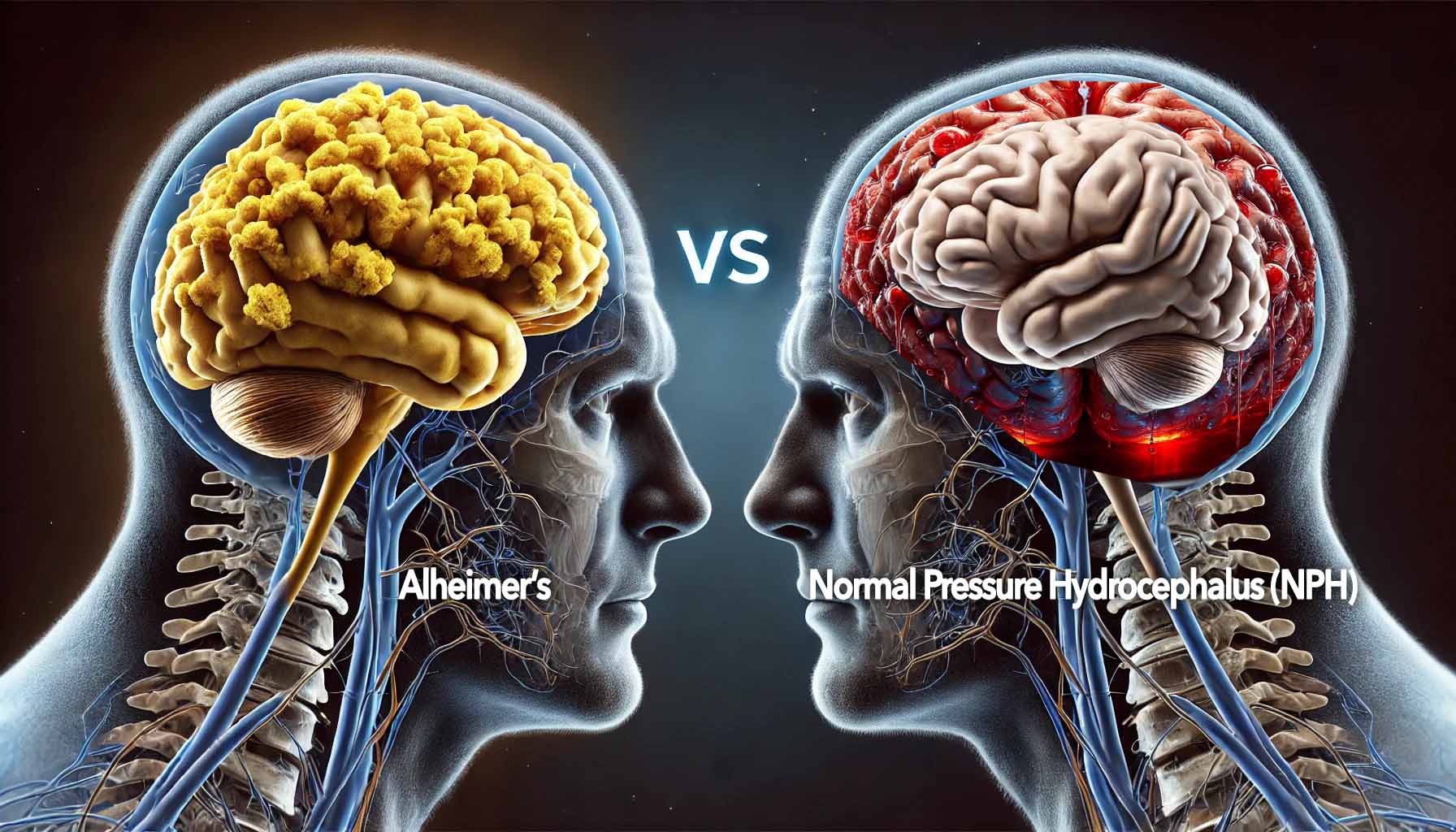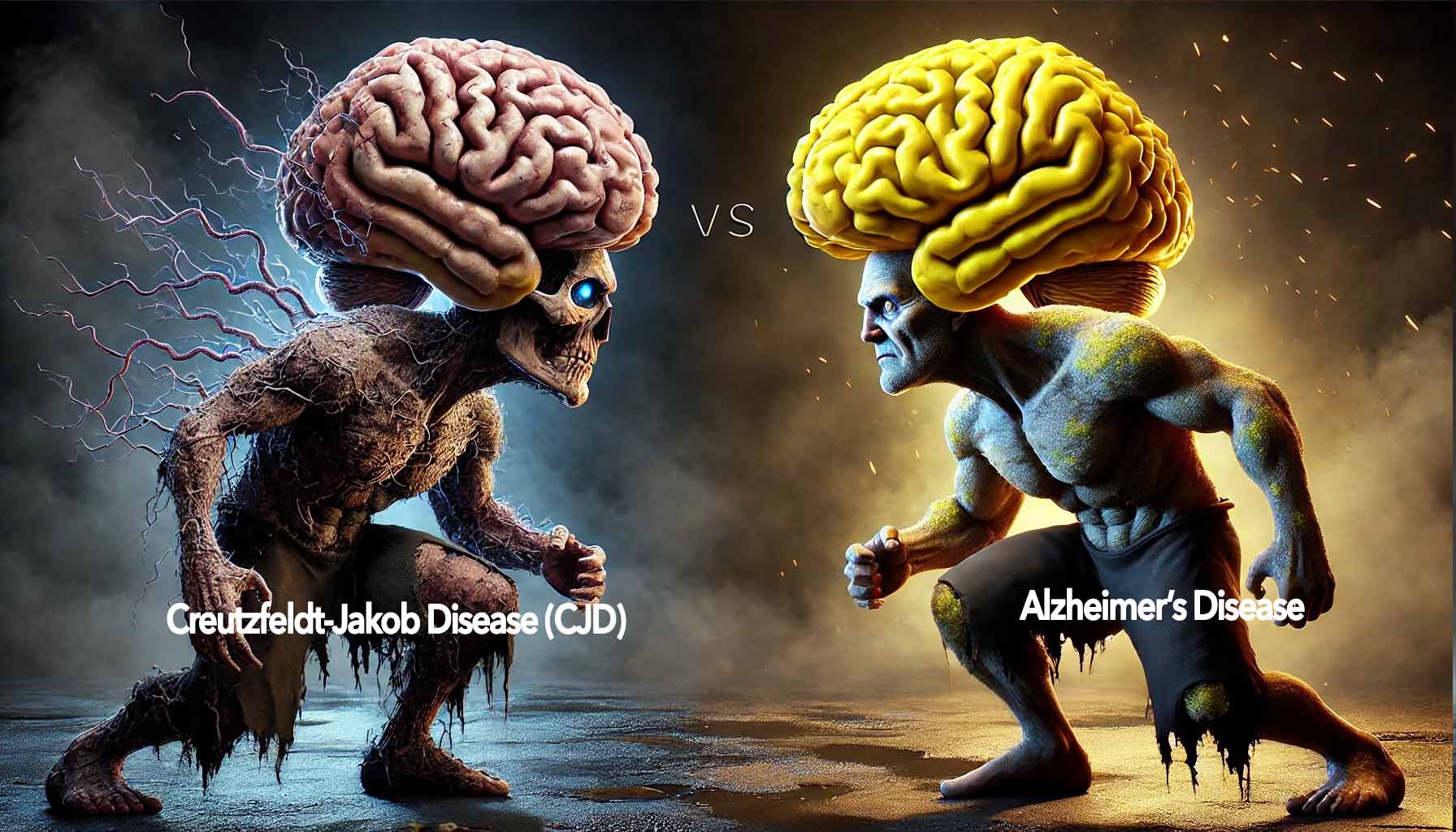Rapid Fire Answers To The Most Searched Questions
Alzheimer’s vs Dementia: What’s the Difference?

When people talk about memory loss and cognitive decline, Alzheimer’s and dementia often get used interchangeably—but they aren’t the same thing. In this quick guide, we’re diving into Alzheimer’s versus Dementia, explaining how they differ, and what you need to know about both conditions.
How Simplifying Alzheimer’s Terminology Can Help Break the Stigma
What is Dementia?
Dementia is an umbrella term used to describe a variety of symptoms that affect cognitive functions like memory, reasoning, and communication. Dementia isn’t one specific disease. Instead, it refers to a group of symptoms caused by different brain disorders that result in impaired thinking, memory, and decision-making.
Common types of dementia include:
- Vascular Dementia
- Lewy Body Dementia
- Frontotemporal Dementia
- Parkinson’s Disease Dementia
Each type has its own unique characteristics, but they all fall under the broad category of dementia.
What is Alzheimer’s Disease?
Alzheimer’s Disease is the most common cause of dementia, accounting for ~73% of all dementia cases. Alzheimer’s is a specific, progressive brain disease that leads to memory loss, confusion, and other cognitive impairments. It occurs due to the buildup of Beta-Amyloid plaques and Tau tangles in the brain, which disrupt normal brain functions.
Key facts about Alzheimer’s:
- Alzheimer’s starts with memory loss but gradually affects other cognitive abilities.
- It’s a progressive disease, meaning it worsens over time.
- Symptoms generally appear after age 65, though early-onset Alzheimer’s can begin much earlier.
Symptoms: Alzheimer’s versus Dementia
The symptoms of Alzheimer’s and dementia can overlap, but there are some key differences:
- Alzheimer’s typically starts with short-term memory loss. You may forget recent conversations, names, or appointments, while long-term memory remains intact in the early stages.
- Dementia symptoms vary depending on the type. For example, vascular dementia might begin with difficulties in planning or problem-solving, while Lewy Body Dementia could start with visual hallucinations or changes in movement.
Progression: Alzheimer’s vs Dementia
-
Alzheimer’s is known for being a progressive disease, meaning it worsens gradually over time. As Alzheimer’s progresses, the symptoms extend beyond memory loss to include confusion, disorientation, and difficulty with everyday tasks.
-
Dementia can progress differently depending on its cause. For example, vascular dementia may have a more step-like progression with sudden declines, while other forms like Lewy Body Dementia or Frontotemporal Dementia progress at different rates.
Diagnosis: Alzheimer’s versus Dementia
Diagnosing Alzheimer’s or any form of dementia requires a thorough assessment by a healthcare professional. The diagnostic process may include:
- Cognitive tests to assess memory, language, and problem-solving skills.
- Brain imaging (MRI, PET scans) to look for physical signs of dementia.
- Blood tests like the BAT Test™, part of our BATWatch™ Protocol, to measure Beta-Amyloid and Tau levels—the key biomarkers associated with Alzheimer’s risk.
While there’s no single test to diagnose dementia, the BAT Test can provide early insights into Alzheimer’s, allowing for proactive management long before symptoms appear.
Treatment Options: Alzheimer’s vs Dementia
While there’s no cure for Alzheimer’s or most types of dementia, treatment options are available to help manage symptoms and slow progression:
- Alzheimer’s treatments include medications like Donepezil and Memantine, which can temporarily slow the worsening of symptoms.
- Dementia treatments vary depending on the type. For example, vascular dementia may be managed with medications that improve blood flow to the brain.
For both Alzheimer’s and other types of dementia, non-medical treatments like CogStim therapy can improve quality of life and delay cognitive decline.
Is Alzheimer’s Worse Than Dementia?
It’s not necessarily a matter of which is worse—it’s about how each condition progresses and affects cognitive abilities. Alzheimer’s tends to follow a predictable, progressive decline, while other types of dementia may vary in severity and progression based on the underlying cause.
For instance, someone with vascular dementia may experience sudden declines, while Lewy Body Dementia often involves early motor symptoms like tremors. Both require ongoing treatment and care, but Alzheimer’s is more widely recognized due to its prevalence.
Wrapping Up…
In short, dementia is a broad term that describes a range of cognitive impairments, while Alzheimer’s disease is a specific, progressive brain disorder that falls under the dementia umbrella. Understanding the differences between the two is crucial for early detection, diagnosis, and treatment.
If you or a loved one is experiencing memory loss or other cognitive issues, talk to your healthcare provider about BAT Testing and other diagnostic options that can detect Alzheimer’s early and help you take proactive steps toward managing cognitive health.
Have more questions about Alzheimer’s or dementia? Stay ahead of cognitive decline—talk to your healthcare provider or explore our BATWatch™ Protocol for early detection and prevention.
- All Posts
- Assisted Living Community
- Assisted Living Home
- Dementia Guide
- Versus
- All Posts
- Assisted Living Community
- Assisted Living Home
- Dementia Guide
- Versus
Protect Your Brain Like You Protect Your Heart.
We check cholesterol to prevent heart disease—so why not check BAT Levels to protect your brain? High BAT Levels signal Alzheimer’s risk.
With 98.72% accuracy, BATWatch™ is the trusted choice for early detection. The best part? BAT Levels can be treated long before Alzheimer’s develops.
Testing is covered by insurance—take the first step toward peace of mind today.
Schedule Your BAT Test NowFight Dementia with MemoryWatch™
If you happen to have a diagnosis, or believe there is some form of cognitive impairment... MemoryWatch™ can help manage progression, rebuild cognitive pathways, and preserve quality of life.
MemoryWatch™ combines breakthrough therapies to slow progression and rebuild cognitive health. Together, we’ll help your brain fight back.
With dementia, timing is critical. The earlier we act, the better chance we have of preserving what remains and rebuilding cognitive strength.
Start MemoryWatch Today


